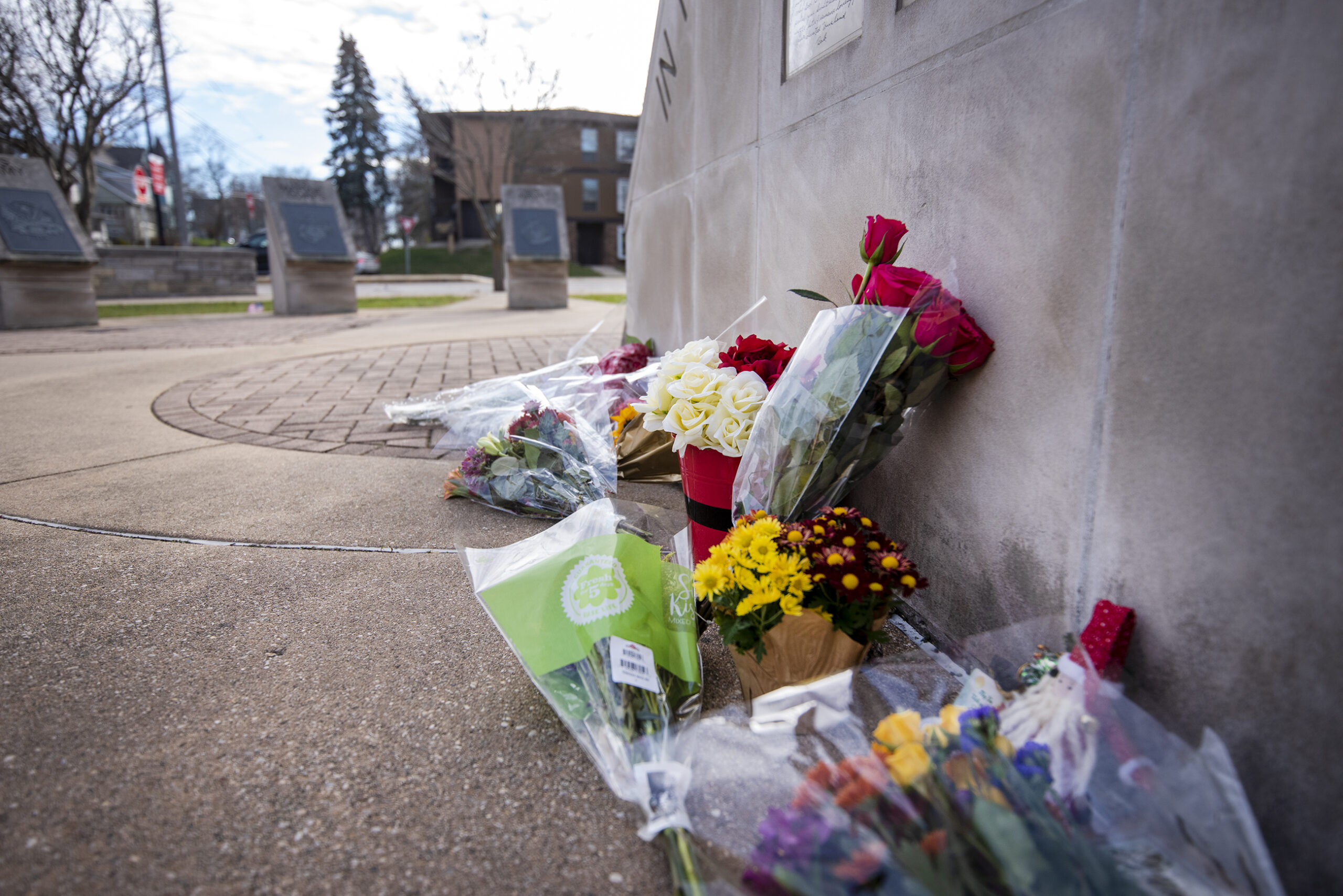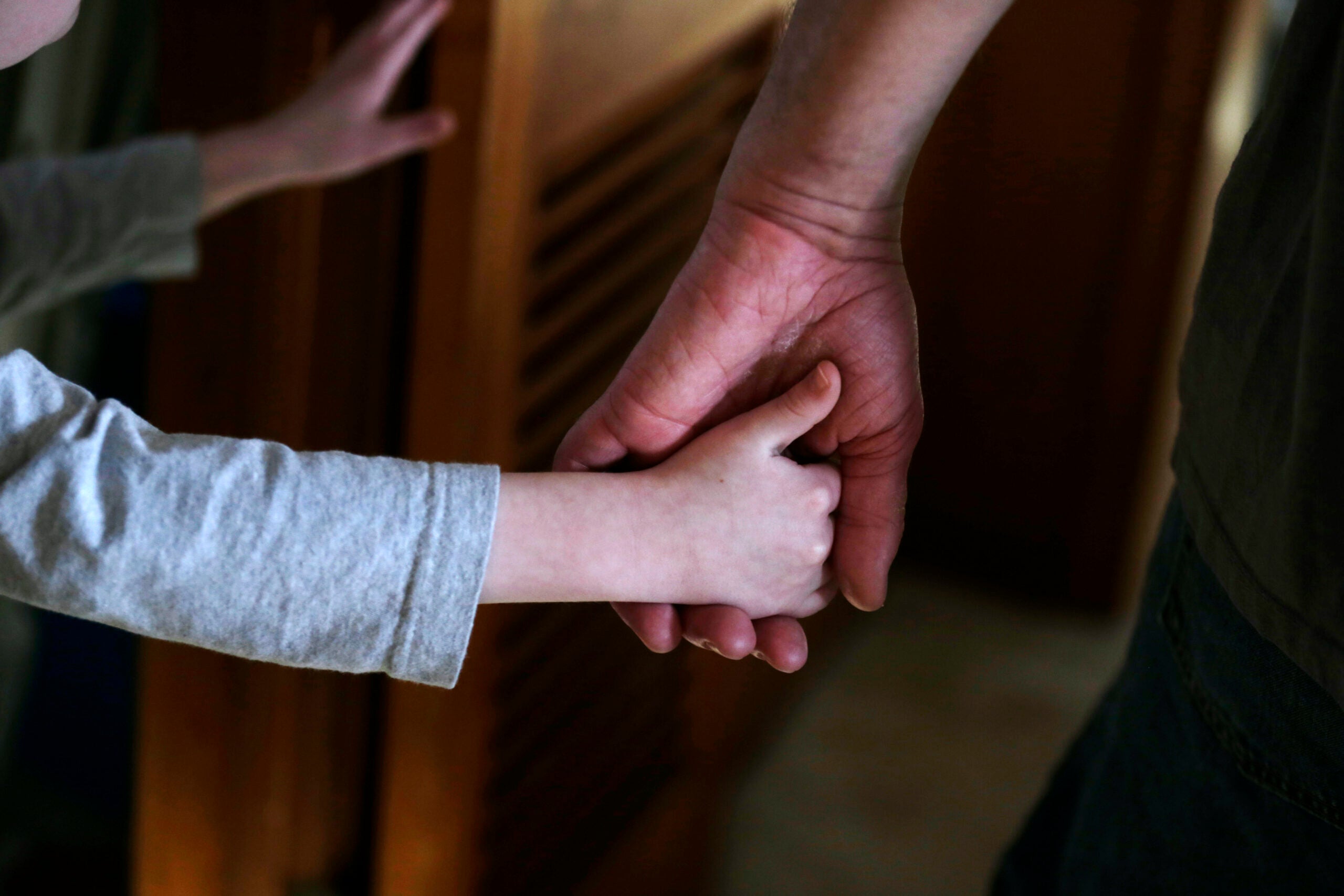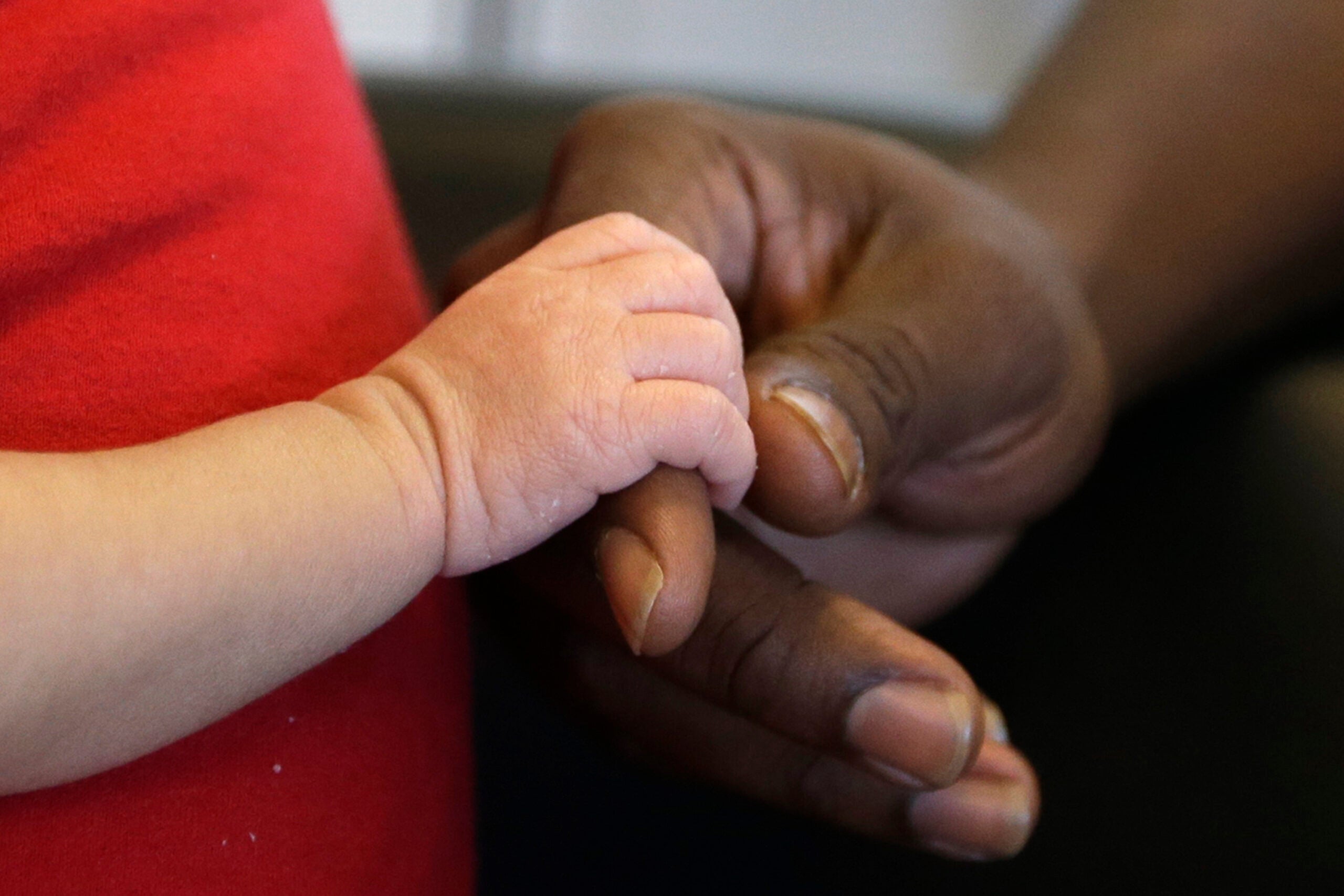Black infant mortality is getting worse in Wisconsin, despite efforts to address these rates in babies and in those who are pregnant, reports the Milwaukee Journal Sentinel.
According to the most recent data from the Milwaukee Health Department, the infant mortality rate for Black families was 12.4 per 1,000 births in 2019. That’s compared to 3.3 per 1,000 births for white families.
“If you ask me if we are better off today than we were 10 years ago, I will say things have gotten worse,” Patricia McManus, president and CEO of the Black Health Coalition of Wisconsin, told the Journal Sentinel.
News with a little more humanity
WPR’s “Wisconsin Today” newsletter keeps you connected to the state you love without feeling overwhelmed. No paywall. No agenda. No corporate filter.
Karen Michalski, project manager for the Milwaukee Health Department, said infant mortality statistics don’t include stillbirths or miscarriages; they include infants who had a first heartbeat and first breath, but did not live to their first birthday.
There are many factors at play with this sobering issue, such as people’s support systems and home lives, safety, hospital conditions and health care.
Wisconsin DHS: COVID-19 Weekly Recap
The seven-day average for new COVID-19 cases in Wisconsin is 3,548 as of Friday. The Wisconsin Department of Health Services has confirmed 9,128 total deaths from the disease.
Fifty-six percent of Wisconsinites are fully vaccinated — 84.4 percent of people age 65 and older and 46.7 percent of children age 12-15.
Dane County Health program connects free nurses to low-income first-time pregnant people
There’s a program in Dane County that pairs nurses with low-income, first-time pregnant people for free.
The Nurse-Family Partnership Program helps pregnant people and new parents with breastfeeding, mental health support, housing and more — starting in early pregnancy and continuing through the child’s second birthday, the Cap Times reports.
Eligibility requirements for the program are similar to those for FoodShare and Medicare. Anyone under 18 and pregnant is eligible regardless of income and anyone is also eligible regardless of legal immigration status.
And while those involved in the program said it’s been nothing short of life-changing, most people don’t know the program exists.
“We want to expand. (We) have the capacity to work with more families,” Kristine Omen-Kaul, a prenatal child health navigator with the program, told the Cap Times. “Being pregnant, having a baby is not easy, especially if someone is experiencing different toxic stress or racism in our county … (We provide) the extra support of that nurse … who makes time they might not be able to get at their clinic and is able to fit where is needed.”
Prosecutors add 6th homicide charge in case of Darrell Brooks Jr.
Prosecutors added a sixth homicide count against the Wisconsin man accused of driving his SUV through a Christmas parade in Waukesha Investigators allege Darrell Brooks Jr. injured dozens of people and killed six when he turned his vehicle into the parade in Waukesha on Nov. 21.
He was charged Nov. 23 with five counts of first-degree intentional homicide for victims ranging in age from 52 to 81. The added charge is for 8-year-old Jackson Sparks, who died the day the first charges were brought.
The state public defender’s office is representing Brooks. A spokesperson for the office declined comment.

He was hospitalized for COVID-19 for 26 days. Now he’s sharing 26 things he thinks you need to know about it.
In late 2020, before safe and effective COVID-19 vaccines were available, Christopher Stolarski was hospitalized for complications from COVID-19. He nearly died.
Now, Stolarski is sharing 26 things “you probably didn’t know about being hospitalized with severe COVID-19 — one for each day I spent in the hospital (19 of them in the ICU).”
Stolarski, 41, lives with his wife, Erica, in St. Francis.
Since June, the number of people experiencing homelessness has grown fivefold, according to Paul VanHandel, outreach coordinator for Newcap’s homeless outreach team.
Green Bay area shelters boost coordination amid rising numbers of those facing homelessness
Amid the ongoing pandemic, accompanying economic tumult and stress on the health care system, the number of people experiencing homelessness appears to be growing.
Paul VanHandel, outreach coordinator for Newcap’s homeless outreach team, told the Green Bay Press-Gazette this week that the number has grown fivefold since June.
Given the increasing demands, five Green Bay area emergency centers — Golden House, House of Hope, St. John’s Ministries, New Community Shelter and Freedom House Ministries — announced this week they would share a website and increase their level of coordination and collaboration between the organizations.
“We are a support network for each other and for the homeless community. We want community members, donors and the homeless population to realize we work closely together and want what’s best for the community,” said Jessica Diederich, president of Freedom House Ministries.
Scientists analyzing how omicron variant emerged
The public’s growing interest in the new COVID-19 variant — omicron — has mirrored that of many scientists, who are working quickly to understand how this will affect public health and the course of the ongoing pandemic.
Two researchers — Trevor Bedford, a computational virologist and professor at the Fred Hutchinson Cancer Research Center in Seattle, and Richard Lessells, an infectious disease specialist at the University of KwaZulu-Natal in Durban, South Africa — spoke with NPR about the discovery of the variant and how public health officials are seeking to understand how transmissible it is and how our current roster of COVID-19 vaccines will face off against it.
Among their early questions is how omicron came to be.
Wisconsin Public Radio, © Copyright 2025, Board of Regents of the University of Wisconsin System and Wisconsin Educational Communications Board.




